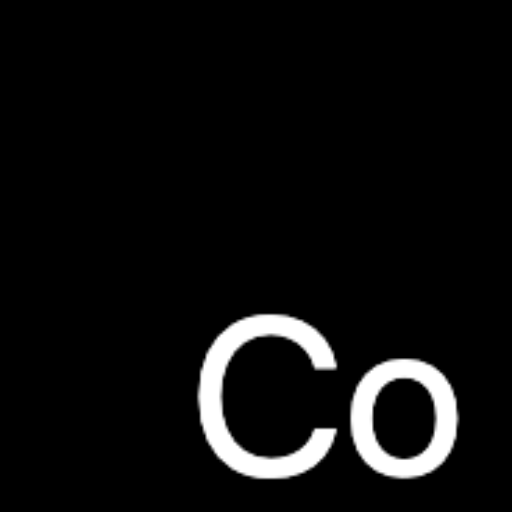Does Next.js Still Use Webpack?
Next.js is a powerful JavaScript framework used to develop modern web applications and websites. It is built on top of React and was created by Vercel in 2016. It comes with many features, such as server-side rendering, automated code splitting, and hot reloading, making it a popular choice for developers. One of the most important features of Next.js is its use of Webpack, a module bundler used to bundle JavaScript applications.
Webpack is a module bundler, which means it takes modules with dependencies and bundles them into a single file or bundle. It also helps developers optimize their code, reducing the number of files and making the application faster. Webpack is very popular, and is used by many frameworks, such as React, Angular, and Vue.
The answer is yes. Next.js still uses Webpack, and it is an integral part of the framework. Webpack is used to bundle and optimize the code, as well as providing many other features, such as code splitting, tree shaking, and hot reloading.
Next.js also uses Webpack to help developers create production-ready applications. It uses the webpack-bundle-analyzer to analyze the size of the bundles and show which parts are taking up the most space. This helps developers optimize their code and reduce the size of the application.
Finally, Webpack is used to create server-side rendering and static sites. Server-side rendering is a popular feature of Next.js, and Webpack helps to make it easier to set up and maintain. It also helps with creating static sites, as it can bundle all the code into a single file.
In conclusion, Next.js still uses Webpack, and it is an integral part of the framework. Webpack helps developers bundle and optimize their code, as well as providing many other features, such as code splitting, tree shaking, and hot reloading. It also helps with creating server-side rendering and static sites. All of these features make Next.js a powerful and popular framework for modern web development.
